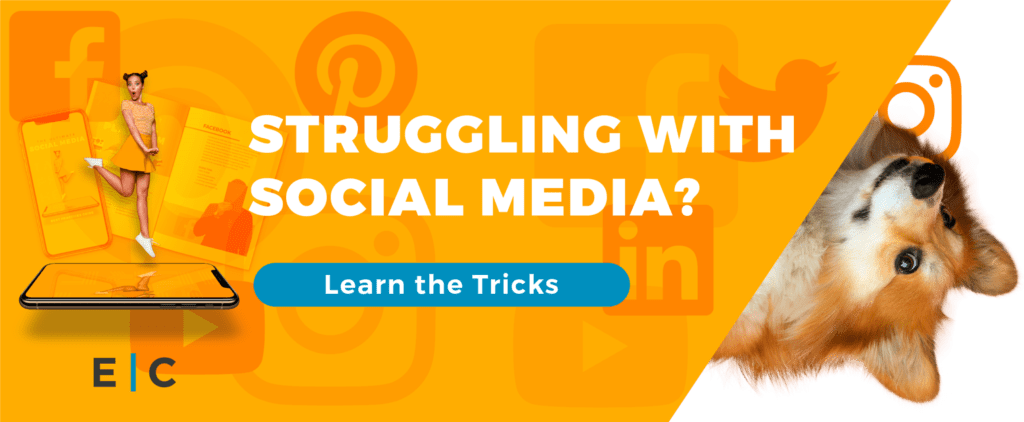Raise your hand if you love seeing spam in your Facebook news feed. Did you raise your hand? We didn’t think so. Fake news and irrelevant ads are running rampant on the power-house social platform. Sensationalized content has been waging a war against the Facebook news feed for many years and now Facebook is fighting back. To restore trust and content credibility, Facebook recently made subtle, yet significant updates to its algorithm that target inauthentic content.
How does this affect you? If you run a page on Facebook or use their native advertising platform, you’ve probably noticed that it’s getting harder and harder to receive clicks, visits, and engagement from your target audience. Why? Because people are tired of seeing promotions in their news feed. They want to see relevant content from Pages they like and posts from friends that are more personal and genuine.
With that in mind, let’s look at how Facebook’s new algorithm updates help resolve the issue.
3 Factors Evaluated by Facebook’s New Algorithm Updates
In a survey conducted by Facebook, they found that content from pages people like is typically considered more promotional than ads. This is because News Feed controls how many ads Facebook users see and determines the quality of the ad based on engagement metrics and user interaction. While similar controls are in place for promoted posts from liked pages, they aren’t nearly as extensive. Those days are over.
New measures have been taken by Facebook’s algorithm to control the volume and content quality of promotional posts that appear in News Feed. Organic posts are now measured for promotional consideration based on the following three factors:
- Posts that solely push people to buy a product or install an app
- Posts that push people to enter promotions and sweepstakes with no real context
- Posts that reuse the exact same content from ads
Another important element to consider from a marketing perspective is that business pages will fall under greater scrutiny from Facebook. This isn’t necessarily a bad thing. More customization options by industry, as well as better communication capabilities with your audience, could be in the works.
Two Algorithm Updates
Because Facebook wants to reduce the influence of clickbait content and sensationalized promotional posts, they decided to focus their updates on two areas:
- Improve the priority level of news stories
- Improve ranking for authentic content
Implementing these updates allows Facebook’s algorithm to identify and rank content that appears in News Feed. Engagement levels and proximity to Pages plays a role in determining whether a piece of content is shown in someone’s feed or is marked as spam. In addition to this, Pages are now categorized based on the type of content they have shared. Pages who’s promoted posts are repeatedly hidden by users will receive lower ranking than pages that share authentic, timely content. New real-time signals have also been added to Facebook’s ranking system, helping prioritize content in News Feed with a high level of engagement.
How to Avoid Algorithm Penalties
The first step in determining how to improve your page ranking is to identify the factors that count against your ranking. Content that is misleading, sensational, or spammy will result in low priority within the algorithm, which translates to fewer people seeing your content.
Facebook content best practices:
- Produce and share content that is authoritative, relevant, and accurate
- Share genuine content that fulfills expectations
As long as your ads and promoted posts follow the rules and you share content that adds value to your target audience’s life, you have nothing to worry about. Focus on content your audience expects to see and wants to see. Facebook will continue to emphasize the user experience and content that adds to the experience will see improved ranking.
-FINAL(01-00)-White&Blue-01.svg)





